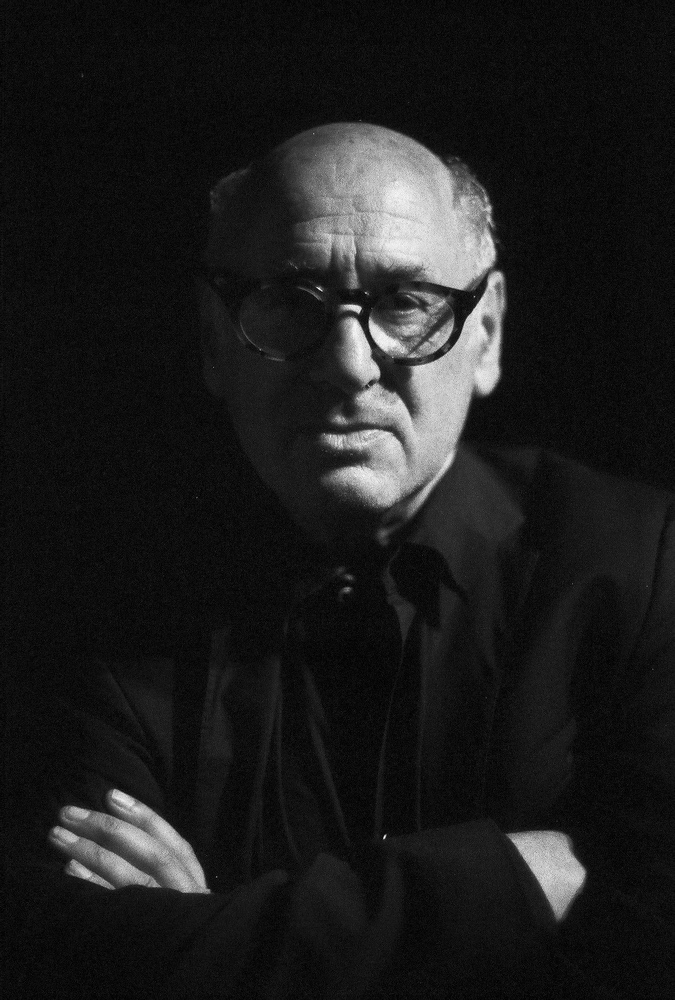|
Michael Laurence Nyman
Michael Laurence Nyman, CBE (born 23 March 1944) is an English composer, pianist, librettist, musicologist, and filmmaker. He is known for numerous film scores (many written during his lengthy collaboration with the filmmaker Peter Greenaway), and his multi-platinum soundtrack album to Jane Campion's '' The Piano''. He has written a number of operas, including '' The Man Who Mistook His Wife for a Hat''; ''Letters, Riddles and Writs''; '' Noises, Sounds & Sweet Airs''; '' Facing Goya''; '' Man and Boy: Dada''; ''Love Counts''; and ''Sparkie: Cage and Beyond''. He has written six concerti, five string quartets, and many other chamber works, many for his Michael Nyman Band. He is also a performing pianist. Nyman prefers to write opera over other forms of music. Early life and education Nyman was born in Stratford, London to a family of secular Jewish furriers who immigrated from Poland. Nyman was educated at the Sir George Monoux Grammar School, Walthamstow. He s ... [...More Info...] [...Related Items...] OR: [Wikipedia] [Google] [Baidu] |
WikiProject Classical Music/Style Guidelines
A WikiProject, or Wikiproject, is a Wikimedia movement affinity group for contributors with shared goals. WikiProjects are prevalent within the largest wiki, Wikipedia, and exist to varying degrees within Wikimedia project, sister projects such as Wiktionary, Wikiquote, Wikidata, and Wikisource. They also exist in different languages, and translation of articles is a form of their collaboration. During the COVID-19 pandemic, CBS News noted the role of Wikipedia's WikiProject Medicine in maintaining the accuracy of articles related to the disease. Another WikiProject that has drawn attention is WikiProject Women Scientists, which was profiled by ''Smithsonian Magazine, Smithsonian'' for its efforts to improve coverage of women scientists which the profile noted had "helped increase the number of female scientists on Wikipedia from around 1,600 to over 5,000". On Wikipedia Some Wikipedia WikiProjects are substantial enough to engage in cooperative activities with outside organization ... [...More Info...] [...Related Items...] OR: [Wikipedia] [Google] [Baidu] |
Dada
Dada () or Dadaism was an art movement of the European avant-garde in the early 20th century, with early centres in Zürich, Switzerland, at the Cabaret Voltaire (Zürich), Cabaret Voltaire (in 1916), founded by Hugo Ball with his companion Emmy Hennings, and in Berlin in 1917. New York Dada began , and after 1920 Dada flourished in Paris. Dadaist activities lasted until the mid 1920s. Developed in reaction to World War I, the Dada movement consisted of artists who rejected the logic, reason, and aestheticism of modern capitalism, instead expressing nonsense, irrationality, and anti-bourgeois protest in their works. The art of the movement began primarily as performance art, but eventually spanned visual, literary, and sound media, including collage, sound poetry, cut-up technique, cut-up writing, and sculpture. Dadaist artists expressed their discontent toward violence, war, and nationalism and maintained political affinities with radical politics on the left-wing and far-le ... [...More Info...] [...Related Items...] OR: [Wikipedia] [Google] [Baidu] |

